
Cooperation with Russia
Roots and Tradition
The University of Tromsø has a long history of cooperation with Russian institutions regarding the natural conditions in the Arctic. After the rise of the Russian Federation in 1991/92 the University of Tromsø signed the first of many agreements of cooperation with Russian research and education institutions, including Kola Science Center of the Russian Academy of Science and the Pomor State University in Arkhangelsk. This agrement also reestablished contact with an important city in the Barents Region, which has played a significant part in the development of Northern Norway until 1917, and contributed to the foundation for the good neighborly relations that characterize the association between our two nations.
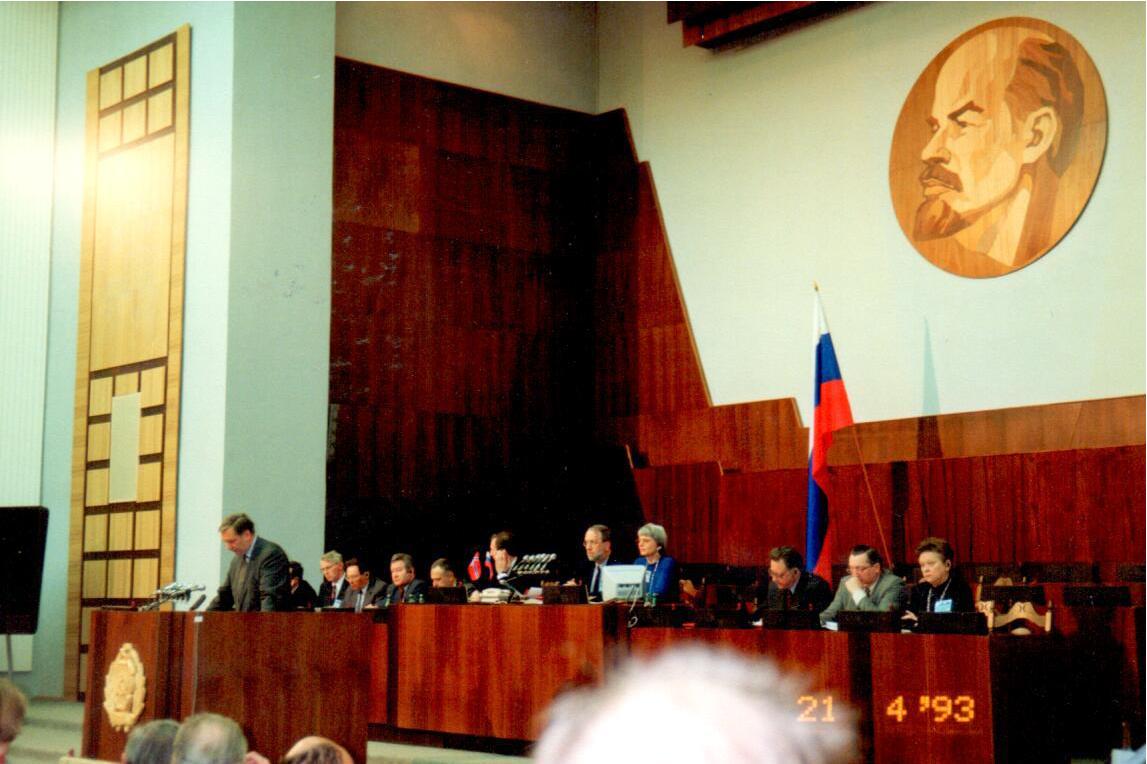

New partners and opportunities
In 2006, the Norwegian government launched their strategy for the High North, and in 2008 the Russian government launched their Arctic strategy.
The strategy for the High North encouraged research and education cooperation with Russia, Canada, the United States, Denmark (Greenland), Sweden, Finland and Iceland. The University of Tromsø has had increased cooperation with institutions in all off these countries, but Russia is in the forefront in terms of the scientific scope and number of partners. This is reflected in the University of Tromsø’s around 100 annual projects with Russian research and educational institutions since 2010.
The state universities in Moscow and St. Petersburg are deeply involved as partners in many subject areas. This also goes for NArFU, the Northern Arctic Federal University in Arkhangelsk, which the Russian government has assigned the role as distributor of knowledge for the development of the Russian High North.
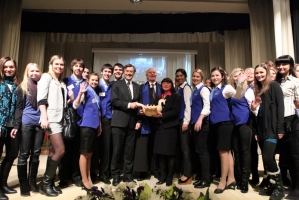
In 2010 the University of Tromsø and NArFU signed an agreement, and since then the cooperation has been expanded to also include Umeå University in Sweden and Oulu University in Finland. Hence, this is now a four-party cooperation within an area concerning central geographical and academic fields for the development of Norway’s, Russia’s and the European Union’s High North.
This collaboration could also be an interesting partner for regional and national governments that seek cooperation with a cross-border knowledge environment in the Barents region. Among other things, NArFU and the University of Tromsø are leaders of the joint working group on education and research in the Barents Region (BEARWGER).
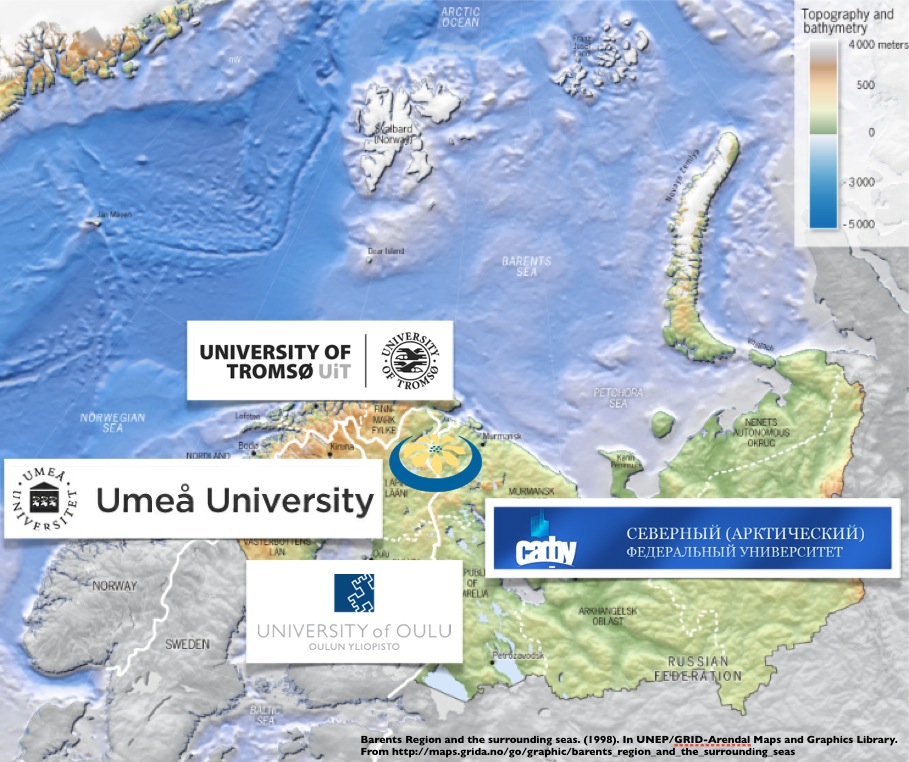
The University of Tromsø’s Russian Partners
Here you'll find all of the University of Tromsø's Russian partners and links to their websites.
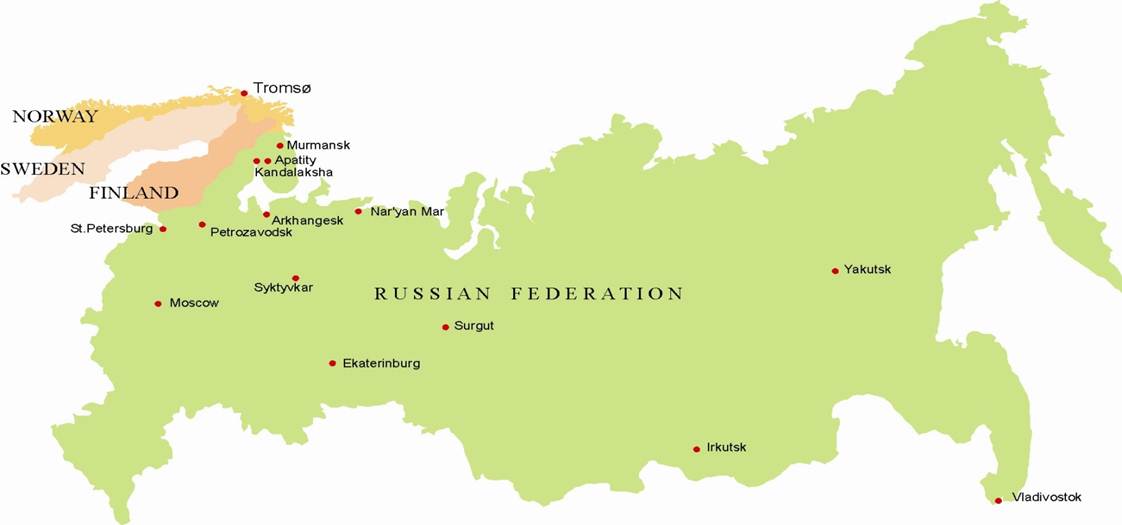
Projects in cooperation with Russian Institutions
The University of Tromsø has annually around 100 cooperation projects with Russian partners. The projects cover a broad field of subjects, including language, health and medicine, marine biology, bioprospecting, climate and environment research, geology, fisheries, history, engineering, economics, law, tourism, culture and music. The projects are mainly financed by regional and national sources, as well as programs for research and development within the EU.
Here are links to a couple of the projects:
- Neighborly Asymmetry: Norway and Russia 1814-2014
- CETIA - Costal Environment, Technology and Innovation in the Arctic
Other partners in the Hign North
![]() The University of Tromsø is part of the University of the Arctic –Uarctic, and coordinates the project GoNorth. This is an UArctic program which offers students from all over the world opportunities to study at a northern higher education institution and experience life in the Circumpolar North.
The University of Tromsø is part of the University of the Arctic –Uarctic, and coordinates the project GoNorth. This is an UArctic program which offers students from all over the world opportunities to study at a northern higher education institution and experience life in the Circumpolar North.
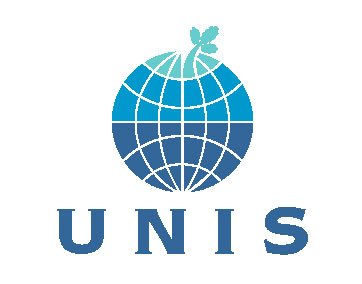 The University of Tromsø is part of the Board of Directors at UNIS – the University Centre in Svalbard. This is the word’s northern most higher education institution, which offers courses at the undergraduate, graduate and postgraduate level in Arctic Biology, Arctic Geology, Arctic Geophysics and Arctic Technology. Annually, about 450 students from all over the world take one or more courses at UNIS. The University Centre is allied with the best research and education institutions that are active in the Arctic, as well as working closely with commercial companies who are active in the High North.
The University of Tromsø is part of the Board of Directors at UNIS – the University Centre in Svalbard. This is the word’s northern most higher education institution, which offers courses at the undergraduate, graduate and postgraduate level in Arctic Biology, Arctic Geology, Arctic Geophysics and Arctic Technology. Annually, about 450 students from all over the world take one or more courses at UNIS. The University Centre is allied with the best research and education institutions that are active in the Arctic, as well as working closely with commercial companies who are active in the High North.
 The University of Tromsø is the majority shareholder in Norut – The Northern Research Institute. This is a national research group located in northern Norway with research activities in technology, innovation and social science, and with special focus on the High North.
The University of Tromsø is the majority shareholder in Norut – The Northern Research Institute. This is a national research group located in northern Norway with research activities in technology, innovation and social science, and with special focus on the High North.

The University of Tromsø is one of the members of The Fram Center – High North Research Centre for Climate and the Environment. The Fram Centre is based in Tromsø, and consists of about 500 scientists from 20 institutions involved in interdisciplinary research in the fields of natural science, technology and social sciences.
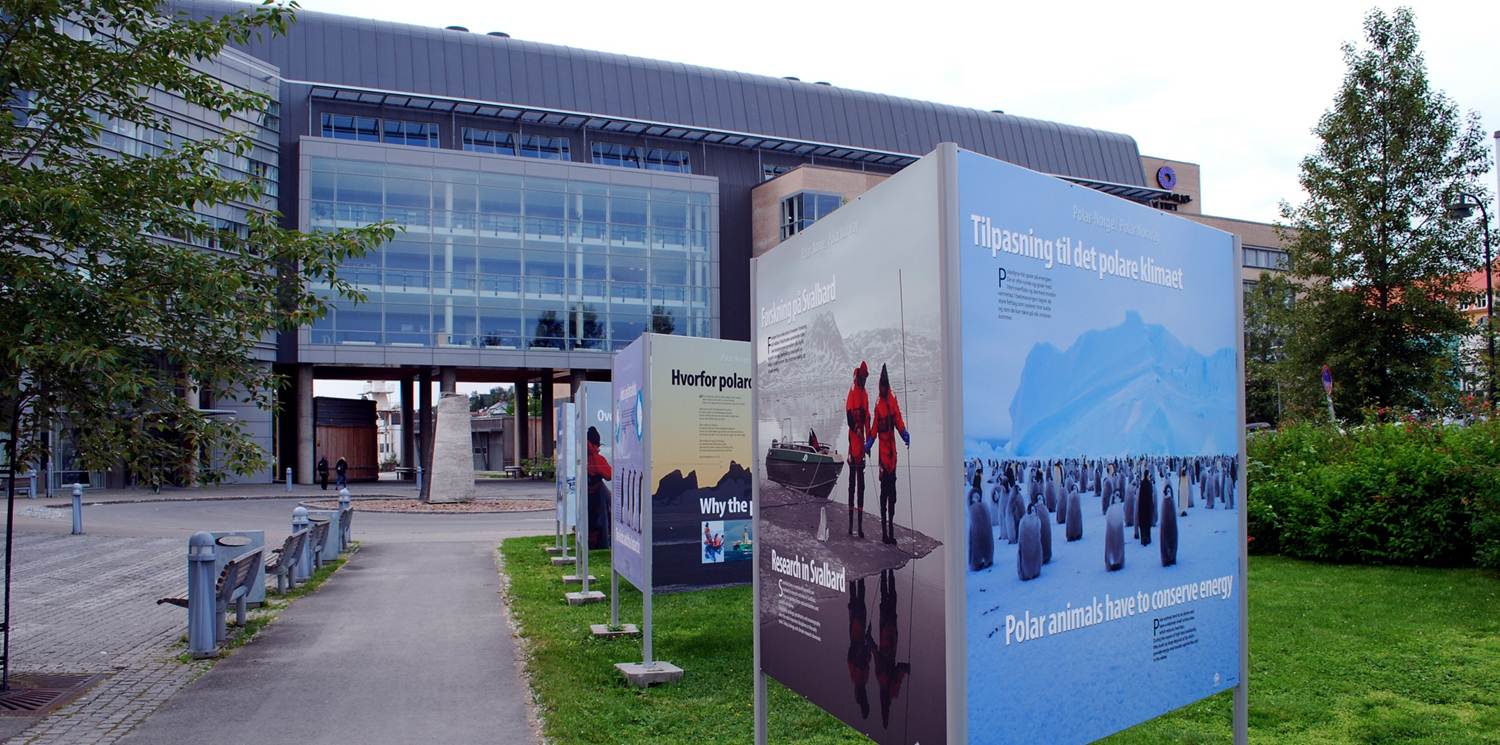
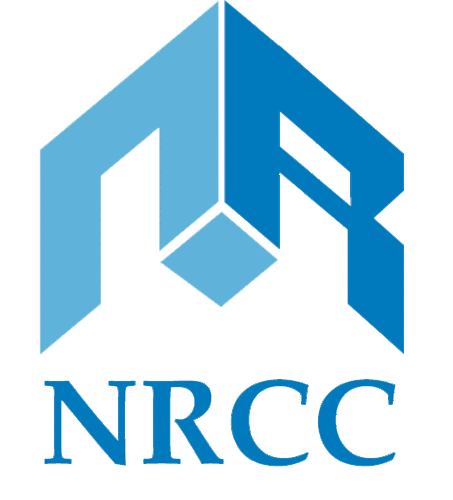 The University of Tromsø is also one of 130 members of the NRCC – The Norwegian-Russian Chamber of Commerce. This is a non-profit, nongovernmental organization established in 2003 by Norwegian and Russian business circles. The NRCC aims to stimulate and improve business relations between Norwegian and Russian companies regarding import, export, shipping, business development, tourism and investment activities. The Chamber offer regular networking events, newsletters, seminars, courses, business delegations, as well as social, cultural and various ad-hoc arrangements.
The University of Tromsø is also one of 130 members of the NRCC – The Norwegian-Russian Chamber of Commerce. This is a non-profit, nongovernmental organization established in 2003 by Norwegian and Russian business circles. The NRCC aims to stimulate and improve business relations between Norwegian and Russian companies regarding import, export, shipping, business development, tourism and investment activities. The Chamber offer regular networking events, newsletters, seminars, courses, business delegations, as well as social, cultural and various ad-hoc arrangements.
Sist oppdatert: 04.06.2021 20:38
Kontaktperson:
Tatiana Savinova
Seksjon for internasonalt samarbeid